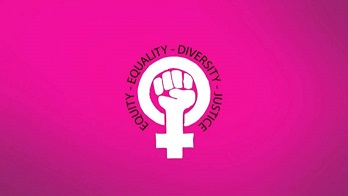Rethinking Women’s Role: Beyond Motherhood Advocacy

In today’s rapidly evolving world, the role of women stretches far beyond the confines of traditional motherhood. Yet, global leaders continue to fixate on increasing childbirth rates, sidelining women’s autonomy and perpetuating outdated gender norms.
Senator Lavinia Mennuni recently sparked controversy by declaring motherhood as women’s “first aspiration,” disregarding individual agency and reinforcing antiquated societal expectations. This rhetoric, echoing sentiments from leaders across the globe, undermines women’s fundamental rights and aspirations.
Italy, grappling with plummeting birth rates, faces a crisis exacerbated by economic instability compounded by the aftermath of the 2008 financial crisis and the COVID-19 pandemic. While government initiatives aim to boost birth rates, conservative entities hinder progress by resisting modern solutions.
Similarly, North Korean leader Kim Jong Un‘s call for increased childbirth overlooks the root causes of declining birth rates and the myriad struggles faced by women. This oversight reflects broader regional challenges observed in South Korea and Japan, highlighting systemic issues that extend beyond mere statistics.
Meanwhile, Russian President Vladimir Putin’s advocacy for large families comes amidst workforce shortages and economic slowdowns, exacerbating societal strains. The concurrent movement of Russian women demanding the return of loved ones from the Ukraine War sheds light on the human toll of prolonged conflicts.
These narratives underscore the urgent need to redefine women’s roles in society, moving beyond the narrow lens of motherhood advocacy. Women’s autonomy, agency, and diverse aspirations must be recognized and upheld by global leaders, fostering a more inclusive and equitable future for all.
Re-reported from the article originally published in The shethepeople








